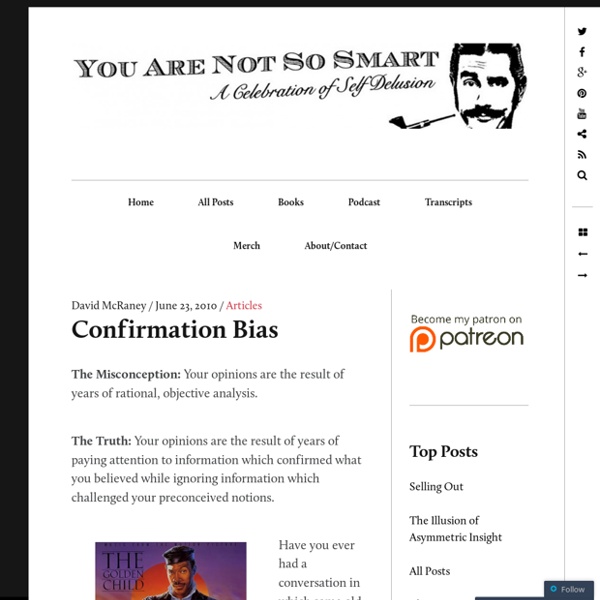The left brain is rational, and other lies you've been told about neuroscience
to say one hemisphere is acting as a mere "backup of the other" is completely wrong. I agree, the plasticity of the brain is nothing short of extraordinary, however there are a couple things in your comment I couldn't help but comment on... first, a lobectomy is removal of a lobe in the brain (e.g. the temporal or parietal lobe), a hemispherectomy refers to the removal of an entire hemisphere of the brain. Although the neural and functional recovery of the patient is damn incredible, they will not have the FULL neural capacity as a child with a fully intact brain. Certain lobes are intrahemispheric rather than existing in both lobes. It is definitely safe to say that one hemisphere does not do anything close to acting as a backup for the other. Wow. The correct term is "hemispherectomy" and it's a very real thing that happens on occasion to treat severe seizures.
6 Possible Secrets to Happiness, According to Science
As a scientist, let me add my 6 cents to the discussion: 1. This may actually work. 2. 3. 4. 5. 6. There you have it folks.
Who Multi-Tasks and Why? Multi-Tasking Ability, Perceived Multi-Tasking Ability, Impulsivity, and Sensation Seeking
The present study examined the relationship between personality and individual differences in multi-tasking ability. Participants enrolled at the University of Utah completed measures of multi-tasking activity, perceived multi-tasking ability, impulsivity, and sensation seeking. In addition, they performed the Operation Span in order to assess their executive control and actual multi-tasking ability. Figures Citation: Sanbonmatsu DM, Strayer DL, Medeiros-Ward N, Watson JM (2013) Who Multi-Tasks and Why? Editor: Chris Chambers, Cardiff University, United Kingdom Received: September 25, 2012; Accepted: December 11, 2012; Published: January 23, 2013 Copyright: © 2013 Sanbonmatsu et al. Funding: This research was supported by a grant from the American Automobile Association Foundation for Traffic Safety. Competing interests: The authors have declared that no competing interests exist. Introduction People are not always content doing one thing at a time. Methods Barratt Impulsivity Scale (BIS)
Why Your Narrative is Wrong: How Your Mind Creates Narrative Out of Incomplete Info, then Refuses to Revise It
Introduction Your narrative is wrong. Wait, you say, what do you mean by "narrative"? Narrative: a story or account of events, experiences, or the like,whether true or fictitious. (Dictonary.com) Note the last part: whether true or fictitious. Everybody has a narrative about something. Your narrative is "wrong", in the sense that it is NOT "the truth, the whole truth, and nothing but the truth." Human brain records experiences, not perfect memories, and the more surprising and emotional the experience, the more you remember them.Narratives are created out of these experiences by the "interpreter" in your brain, based on your pre-existing experiences, world-view, and biases, (i.e. context).Once you created a narrative, you are EXTREMELY reluctant to revise it. In most cases, this "wrong" narrative is of no real consequence. Experience vs. You probably think that your memory is like an old-style tape-based camcorder: It records exactly what happened, and the recorded signal fades over time.
What Is Rationality? | Center for Applied Rationality
########MKeenan disabled 2013-6-1######### The Story of Intel Semiconductor giant Intel was originally a memory chip manufacturer. But by 1985, memory chips had been losing them money for years. Andy Grove (CEO) and Gordon Moore met to discuss the problem. The mood was grim. Gordon replied without hesitation. “Okay,” said Andy. That year, Andy and Gordon shifted the focus of the company to microprocessors, and created one of the greatest success stories in American business. Andy and Gordon had been held hostage by a well-documented cognitive bias known as the “commitment effect” — in this case, an irrational commitment to their past identity as a memory chip manufacturer. During the last 40 years, psychologists have discovered that even high-IQ people like Andy Grove and Gordon Moore are prone to certain kinds of errors when thinking and deciding. What Rationality Is Not But that’s not what a cognitive scientist means when he or she uses the word “rationality.”



